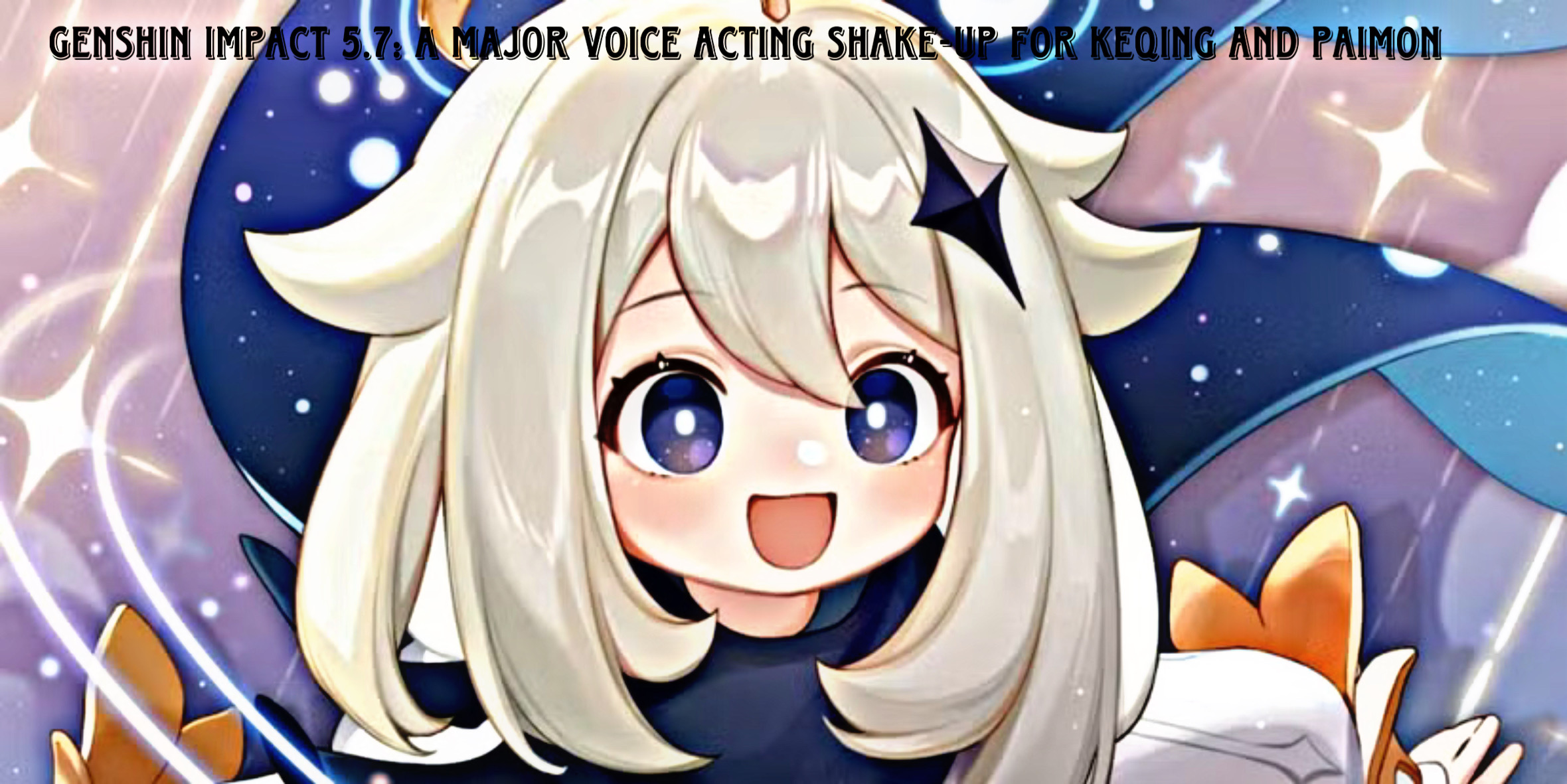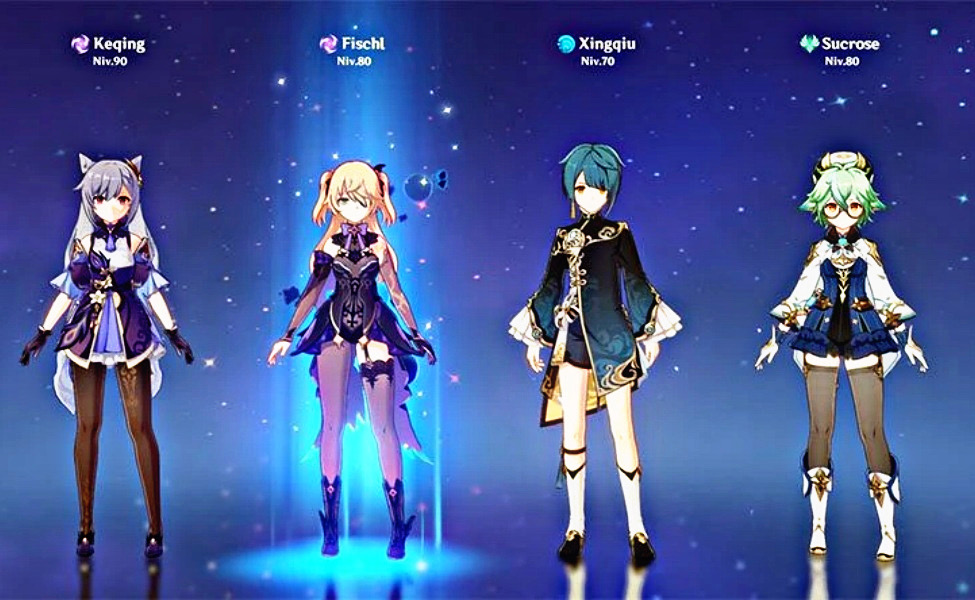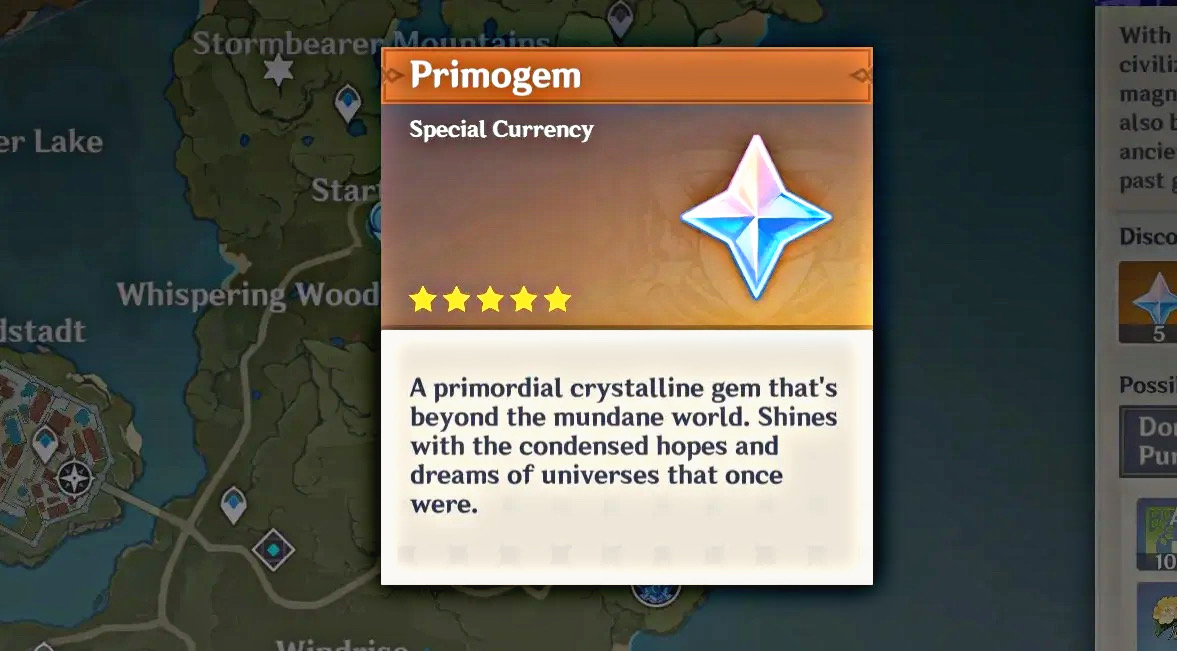Introduction:
The world of Genshin Impact has recently been rocked by a controversy involving its English voice cast. What began as a show of solidarity for AI protection has devolved into a complex web of accusations, confusion, and fan disappointment. At the heart of the matter is the recasting of Kinich, a character whose previous voice actor, John Patneaude, was let go amidst the ongoing SAG-AFTRA strike. But is Genshin Impact truly a “struck game,” and was the backlash against the new voice actor, Jacob Takanashi, justified?
The Kinich Recasting and Initial Backlash:
John Patneaude revealed his departure, citing HoYoverse’s refusal to offer AI protections via a SAG Interim Agreement. In response, Jacob Takanashi announced his casting, expressing gratitude for the opportunity. This announcement was met with a barrage of negative reactions from fellow Genshin Impact voice actors. Corina Boettger (Paimon), Kayli Mills (Keqing), Valeria Rodriguez (Sucrose), Brianna Knickerbocker (Hu Tao), June Yoon (Yip Tak), and Shara Kirby (Candace) all voiced their disapproval, with some labeling Takanashi a “scab.”
Understanding “Scab”:
In labor disputes, a “scab” is a worker who crosses a picket line to undermine a strike. However, the critical question is: does this term apply to Takanashi in this context?
Joe Zieja’s Clarification:
Joe Zieja, the voice of Wriothesley, stepped forward to provide clarity, releasing a YouTube video detailing the situation. He explained that the SAG-AFTRA strike targets specific unionized video game companies, aiming for AI protection in contracts. Critically, HoYoverse is not on this list.
Genshin Impact’s Non-Union Status:
Zieja confirmed that Genshin Impact is a non-union game, meaning it is not officially part of the SAG-AFTRA strike. The English voice actors’ actions constitute a collective work refusal, not a formal strike.
The Actors’ Conflicting Goals:
Zieja revealed that the actors’ motivations were varied and unclear. Some sought a union agreement, others wanted AI protections in their non-union contracts, and some acted out of solidarity. This lack of a unified goal has added to the confusion.
Boettger’s Contradictory Stances:
Corina Boettger’s position has been particularly complex. While they initially cited financial necessity for continuing to work, earlier statements suggested a focus on forcing Genshin Impact to unionize. This inconsistency has fueled further controversy.
The Misplaced Backlash Against Takanashi:
With Genshin Impact not being a struck game, the intense backlash against Takanashi appears misplaced. The situation highlights the risk of crossing a collective work refusal, but also underscores the lack of clarity in the actors’ demands.
HoYoverse’s Options and Challenges:
Zieja suggested that HoYoverse could resolve the issue by signing a union contract. However, this is a complex decision with significant implications:
- Union exclusivity: Union agreements would restrict HoYoverse to hiring union members.
- Outdated US union laws: US labor laws may not be ideal for a global company.
- Taft-Hartley Act: This act requires non-union hires to join the union within 30 days.
HoYoverse has begun hiring voice actors outside the US, potentially to circumvent these restrictions.
The Complexity and the Call for Kindness:
Zieja emphasized the complexity of the situation, involving multiple countries, union and non-union contracts, fragmented AI protections, and a massive, passionate fanbase. He urged for kindness and constructive dialogue to prevent further toxicity.
Conclusion:
The Genshin Impact voice actor controversy is a tangled web of union disputes, personal motivations, and fan reactions. As the situation unfolds, one thing is clear: clarity, kindness, and understanding are essential to navigating this complex issue. Whether Hoyoverse will sign a union agreement remains to be seen. In the meantime, the community waits to see how this drama will resolve.



